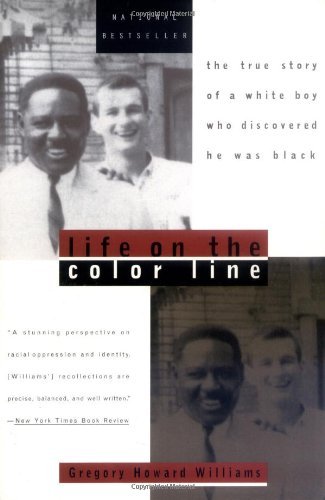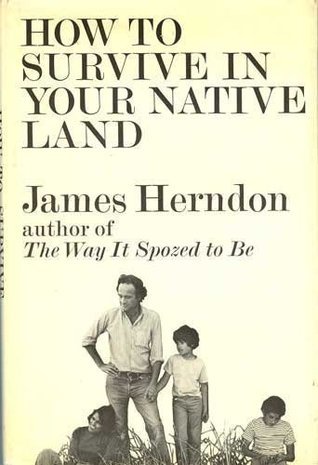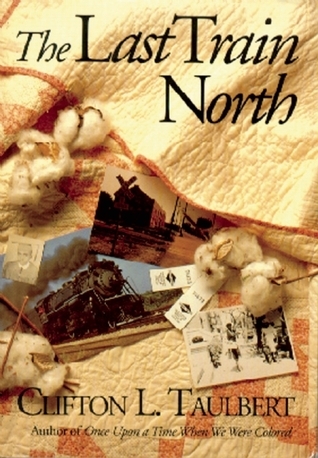
The Long Haul: An Autobiography
Book Description
From the dusty backroads of Appalachia to the frontlines of civil rights, “The Long Haul: An Autobiography” unveils a journey steeped in struggle and unwavering hope. Myles Horton, a visionary educator, ignites a revolution in community organizing that challenges the status quo and empowers the disenfranchised. With vivid tales of courage and collective action, this gripping narrative showcases the transformative power of education and grassroots activism. As battles for justice unfold against a backdrop of societal upheaval, one question lingers: What lengths will people go to in search of equality, and can hope truly endure amidst adversity?
Quick Book Summary
"The Long Haul: An Autobiography" by Myles Horton chronicles his life's mission as an educator and activist dedicated to social justice. Horton traces his early experiences in Appalachia, the founding and evolution of the Highlander Folk School, and its impact on the Civil Rights Movement. Through storytelling, he highlights the transformative power of collective action and participatory education. The autobiography details his collaboration with prominent activists, the challenges faced from authorities, and the enduring belief in grassroots empowerment. Horton's narrative is both personal and historical, demonstrating how persistent hope, community organizing, and education can ignite significant social change. His memoir inspires readers to reflect on courage, resilience, and the pursuit of equality.
Summary of Key Ideas
Table of Contents
Transformative Power of Education
Myles Horton’s journey begins with his upbringing in rural Tennessee, where he observed the injustices faced by working-class people. Born into a family that valued education and compassion, he developed an early awareness of inequality and a passion for social justice. These roots influenced his pursuit of alternative educational models, leading him to establish the Highlander Folk School, a place where ordinary people could learn to become effective community leaders. Drawing upon his experiences and the philosophical inspiration from figures like John Dewey, Horton focused on learning through dialogue and problem-solving, believing firmly that education should empower the marginalized to challenge entrenched systems.
Grassroots Organizing for Social Justice
The heart of Horton's work was grassroots organizing. Highlander became a catalyst for social change, particularly in the labor and Civil Rights movements. By fostering open, participatory education, the school enabled workers, sharecroppers, and activists to strategize collectively against oppression. Horton recalls landmark workshops that fostered leadership among individuals like Rosa Parks and Septima Clark. He skillfully details how these gatherings laid the groundwork for the broader Civil Rights Movement, emphasizing that true progress often comes from the bottom up—through localized, communal efforts.
Collaboration with Civil Rights Activists
Horton’s narrative intertwines with the era’s prominent activists, forging alliances with Martin Luther King Jr., Rosa Parks, Ella Baker, and others. He recounts the collaborative nature of the movement, where Highlander provided a safe space to share tactics and experiences. Horton describes how these relationships built a dynamic network that spurred the nonviolent resistance strategies of the 1950s and 60s. Through personal anecdotes, he highlights the mutual learning that took place, asserting that meaningful change was always a shared endeavor rather than a solitary achievement.
Confronting Adversity and Systemic Resistance
Despite its achievements, Highlander and Horton faced relentless opposition from segregationists, government surveillance, and those threatened by their work. Horton details raids, legal battles, and attempts to shut the school down. He reflects on the resilience required to endure intimidation and accusations—whether from hostile authorities or skeptics. Rather than stifling their mission, adversity strengthened their resolve. Horton credits the collective spirit and the unwavering sense of purpose among staff and participants for the school's survival and persistence.
Sustaining Hope and Moral Vision
Throughout the memoir, Horton underscores the endurance of hope and the imperative to keep faith in the face of setbacks. He frames his autobiography not merely as a chronicle of victories, but as a testament to sustaining belief in human potential and the possibility of justice. The "long haul" is both literal and metaphorical—a lifelong commitment to the struggle for equality. Horton’s reflections encourage readers to recognize that real change emerges slowly, fueled by shared vision and persistent effort, and that the journey toward justice is itself worth undertaking.
Download This Summary
Get a free PDF of this summary instantly — no email required.





